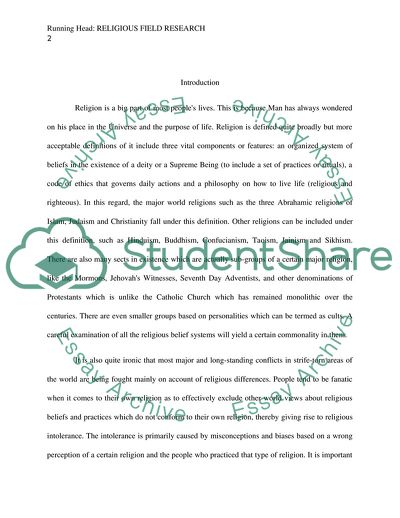Cite this document
(The Religious Belief Systems Term Paper Example | Topics and Well Written Essays - 1347 words - 1, n.d.)
The Religious Belief Systems Term Paper Example | Topics and Well Written Essays - 1347 words - 1. https://studentshare.org/religion-and-theology/1780746-report-on-religious-field-research
The Religious Belief Systems Term Paper Example | Topics and Well Written Essays - 1347 words - 1. https://studentshare.org/religion-and-theology/1780746-report-on-religious-field-research
(The Religious Belief Systems Term Paper Example | Topics and Well Written Essays - 1347 Words - 1)
The Religious Belief Systems Term Paper Example | Topics and Well Written Essays - 1347 Words - 1. https://studentshare.org/religion-and-theology/1780746-report-on-religious-field-research.
The Religious Belief Systems Term Paper Example | Topics and Well Written Essays - 1347 Words - 1. https://studentshare.org/religion-and-theology/1780746-report-on-religious-field-research.
“The Religious Belief Systems Term Paper Example | Topics and Well Written Essays - 1347 Words - 1”. https://studentshare.org/religion-and-theology/1780746-report-on-religious-field-research.


